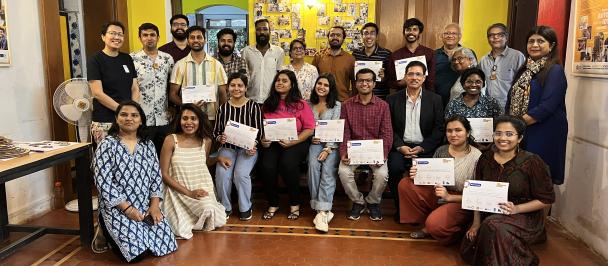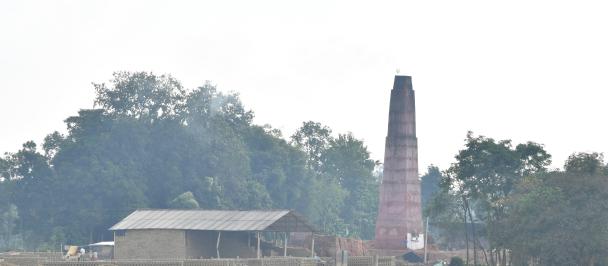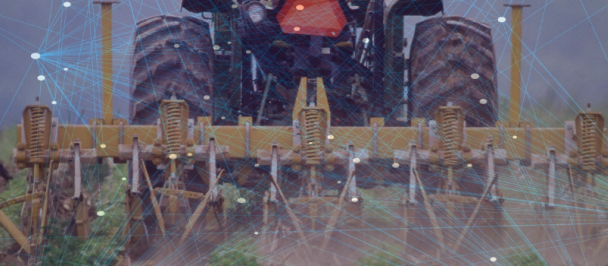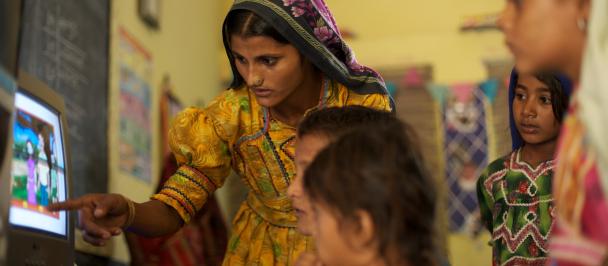Rozita Singh and Swetha Kolluri
The Fast and The Curious
October 9, 2023
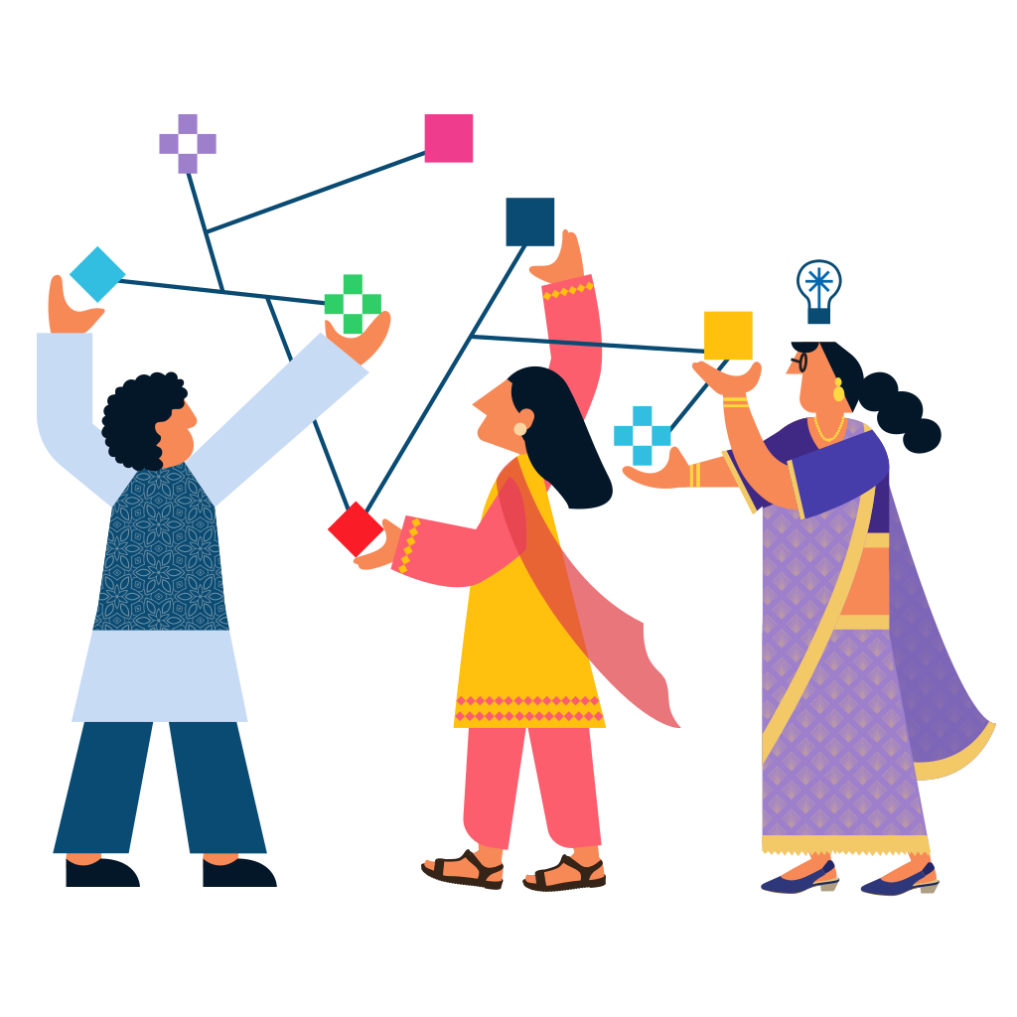
It was July of 2019, when three people from three different walks of life met in the lobby of the UNDP office in India - awaiting a job interview. Little did we know that we would spend the next 90 minutes huddled as part of a group interview to build something called the Accelerator Lab India.
The idea of Accelerator Labs was amazing: an out-of-the-box approach to do development differently. Three new roles were set up – Solution Mapping, Exploration, Experimentation – to explore, test, sustain and scale up innovative solutions for sustainable development. This initiative soon became the world’s largest and fastest learning network spread across 115 countries.
Our journey was like a roller coaster ride! From stumbling upon a research paper that sparked our innovations in combating air pollution, to building a grassroot innovation database and finding the right partners to grow our solutions – every step was an adventure.
We started with a big bang – pulling together a one-of-a-kind launch event to celebrate India’s innovation ecosystem - Date for Development - think speed dating between budding innovators and mentors. We wrote our first blog: Stay hungry stay foolish to share reflections and highlights from this event. Through this blog, we take you through a brief snapshot of our journey and share our reflections.
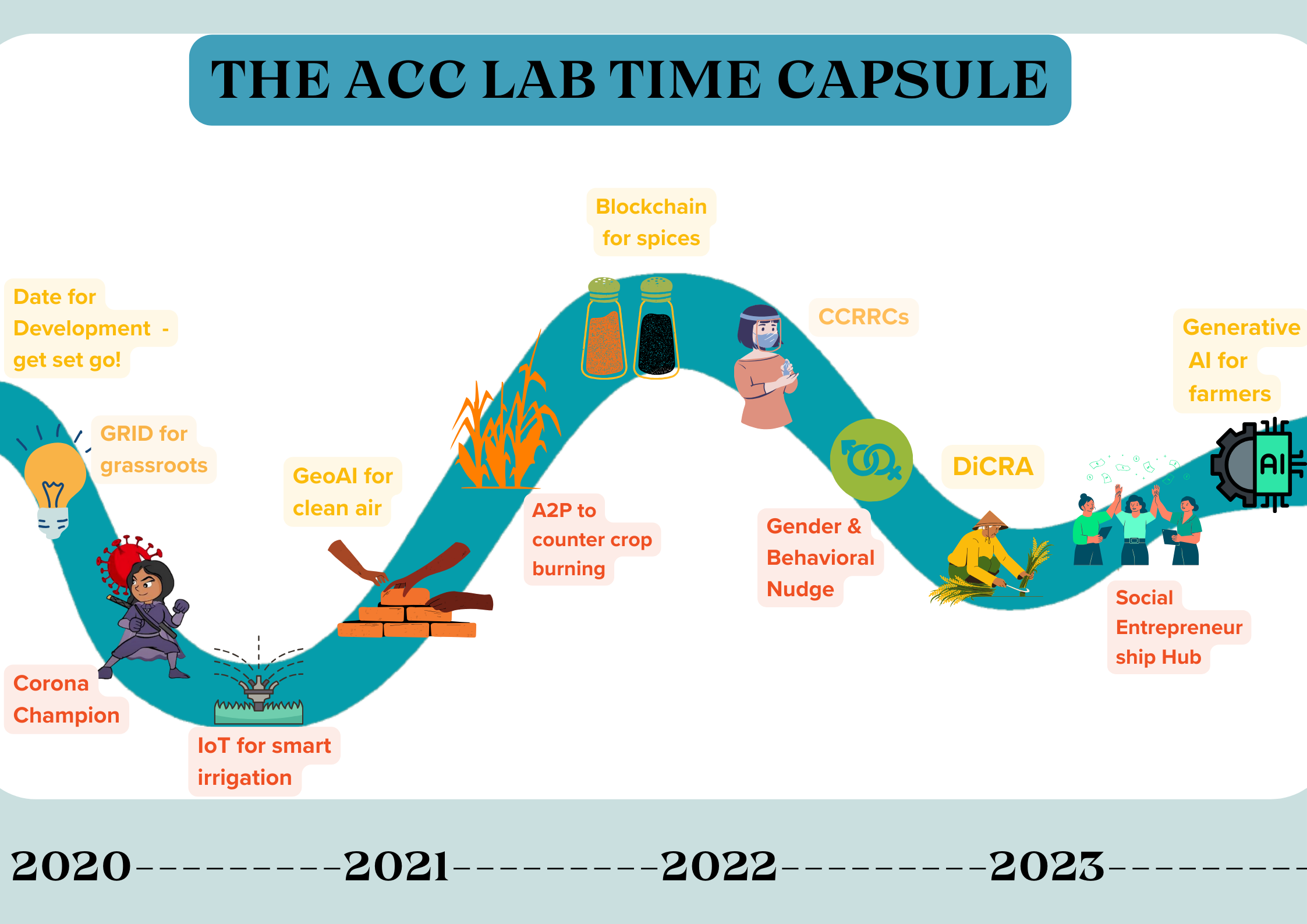
In 2020, we built a national database of 1,500 grassroots people powered innovations (GRID), together with the Honeybee Network. Later in 2022, some of these innovations were featured in a global documentary: for tomorrow, which went on to win an award at the Cannes film festival.
In 2021, UNDP, in partnership with Nottingham University and Bihar State Pollution Control Board, developed an AI-powered platform, Geo-AI, to detect sources of air pollution using satellite data. This unique platform was adopted by the government and has accurately mapped more than 47,000 brick kilns across 12 states of India in the Indo-Gangetic plains that are hot spots of air pollution.
Misinformation and infodemic became as big as the pandemic itself during COVID. To fight covid myths in a fun way, we developed Corona Champion game in seven Indian and five international languages. It became the first cross country collaboration in the Accelerator Lab network reaching Morocco, Cabo Verde, and Timor-Leste! We also started an out of the box partnership with Maker’s Asylum for an annual flagship program called SDG School. Together we want to promote the culture of social entrepreneurship and equip interdisciplinary and multicultural groups. We incorporated innovation tools like prototyping and rapid testing with a goal of creating NextGen solutions for SDGs.
Our next initiative was linked to the famous Indian spices. To enhance exportability and market returns to farmers, we developed a blockchain based traceability platform and onboarded 3000 chili and turmeric farmers on the platform. The initiative is co-developed with Spices Board, Ministry of Commerce and Industry, NEC India and Global Standards Organisation. Now, the vision is to scale up to 100,000 farmers and become a national gateway in the next two years. This innovation is supported by the Government of Japan.
The next feather in Acc Lab’s cap is our brainchild, a digital public good called DiCRA (Data in Climate Resilient Agriculture) in collaboration with Government of Telangana and 100+ volunteering data scientists. It uses open satellite data and open analytics to inform which farms are resilient or vulnerable to climate change. This platform has scaled to six Indian states to foster collective climate action and enhance resilience in agriculture. This was made possible due to support from Rockefeller Foundation and the Government of Japan.
Watch this throwback video that showcases the diverse partnerships that we built within the first year itself!
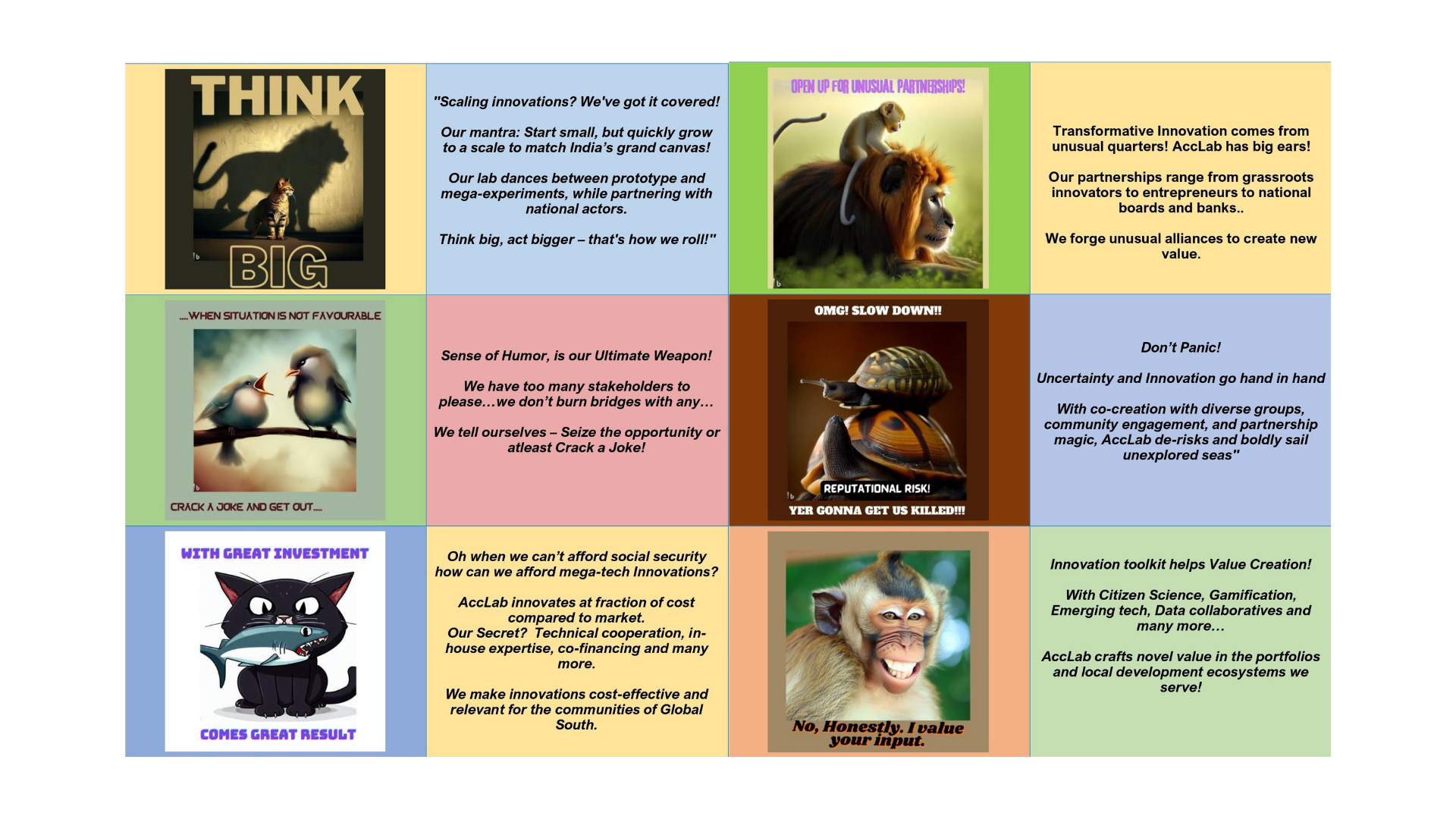
Looking back, we started off as intrapreneurs by working with programme teams to demonstrate what innovation could mean for each portfolio. We have come a long way and we see the seeds of change sown in 2019 reaping multiple benefits in 2023. It's a testament to the dedication of our team, the support of our partners, and the potential that dwells within every innovative idea. In the past 4 years, there were many instances when we received a chance to represent UNDP India’s initiatives at several national and international forums.
What do we do as we enter our 5th year? For starters, we don’t stop! Our biggest learning has been to start small and learn from failures. While setting up the Accelerator Lab in India, our aim was to do ‘development differently’ by adding the innovation lens to our programming by bringing new data tools, new and unusual partners, new ways of collaborating and building portfolios instead of projects! As Accelerator Lab, we will continue to team up with our colleagues from different portfolios and spread the spirit of innovation so that everyone can be a mapper, explorer and experimenter!
We express our gratitude to the founding investors of UNDP’s Accelerator Lab Network- Federal Ministry for Economic Cooperation and Development of Germany (BMZ), and the Qatar Fund for Development (QFFD).
Read our Global Accelerator Lab Network Annual Report: Let a thousand flowers bloom here.

 Locations
Locations
